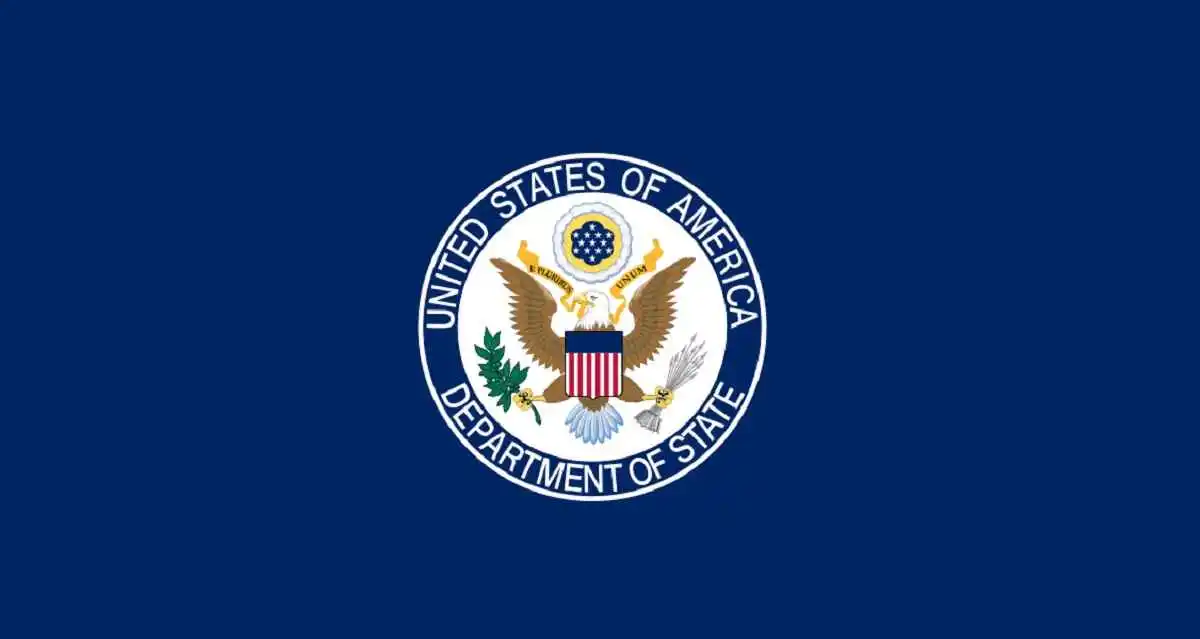The United States’ recent sanctions on three prominent Palestinian human rights organizations—Al-Haq, Palestinian Centre for Human Rights (PCHR), and Al-Mezan Center for Human Rights—have ignited fierce debate. Announced on September 4, 2025, these measures target groups for their support of the International Criminal Court’s (ICC) probe into alleged Israeli war crimes in Gaza. While the U.S. frames the sanctions as protecting sovereignty, critics, including UN experts, argue they undermine global human rights efforts. Are these sanctions a strategic move or a dangerous precedent?
Targeting Palestinian think tank’s for ICC Involvement
The U.S. Department of the Treasury added Al-Haq, PCHR, and Al-Mezan to its “Specially Designated Nationals and Blocked Persons List” under Executive Order 14203, citing their engagement with the ICC’s investigation into Israeli officials, including Prime Minister Benjamin Netanyahu and former Defense Minister Yoav Gallant. U.S. Secretary of State Marco Rubio justified the move, stating it counters the ICC’s “overreach” and protects “U.S. troops, sovereignty, and allies” like Israel, which, like the U.S., is not a party to the Rome Statute.
These NGOs, based in Ramallah and Gaza, have been pivotal in documenting alleged Israeli human rights abuses. Al-Haq, a leader in international litigation, and Gaza-based PCHR and Al-Mezan provided critical evidence for the ICC’s case, which culminated in arrest warrants for Israeli leaders over alleged war crimes in Gaza. The sanctions freeze their U.S. assets and restrict transactions, severely hampering their operations.
UN and Rights Groups Condemn U.S. Actions
The sanctions have drawn sharp criticism from human rights advocates and UN bodies. The targeted NGOs issued a joint statement, calling the measures “cowardly, immoral, illegal, and undemocratic,” especially amid what they describe as a “live genocide” in Gaza. UN human rights experts, echoed in posts on X, have condemned the U.S. for shielding Israel while stifling accountability. A UN think tank report, referenced in Al-Haq’s advocacy, has urged states to review ties with Israel to comply with international law, highlighting the tension between U.S. policy and global human rights frameworks.
Amnesty International labeled the sanctions a “blatant attack” on the Palestinian human rights movement, noting their chilling effect on local and international partnerships. Mohsen Farshneshani, a sanctions lawyer, called the move “shameful but not surprising,” accusing the Trump administration of prioritizing Israel. This follows earlier U.S. sanctions on Addameer, another Palestinian NGO, and the Palestinian Authority, signaling a broader strategy to curb criticism of Israel.
U.S. Policy and Selective Sanctions
The sanctions align with the Trump administration’s reversal of Biden-era measures against Israeli settlers and organizations accused of violence in the West Bank. This selective approach—sanctioning Palestinian groups while easing restrictions on Israeli entities—has fueled accusations of bias. Critics argue the U.S. is enabling Israel’s efforts to silence human rights reporting, a pattern seen in Israel’s past designations of these NGOs as “terrorist” organizations, a claim widely disputed by global watchdogs.
Posts on X reflect public sentiment, with some users decrying the sanctions as an attack on free speech and others questioning their legality under international law. Meanwhile, the U.S. insists its actions protect national interests, citing the ICC’s lack of jurisdiction over non-members like Israel and the U.S. This stance echoes the Trump administration’s earlier sanctions on ICC officials in 2020, which targeted probes into both Israeli and U.S. actions.
A Chilling Effect on Global Human Rights?
The sanctions threaten to disrupt the NGOs’ vital work, from documenting Gaza’s war toll—over 64,000 deaths since October 2023, per Shafaq News—to advocating for Palestinian prisoners. By targeting organizations that amplify marginalized voices, the U.S. risks setting a precedent that could deter human rights work globally. UN experts warn that such measures weaken the international legal order, particularly as the ICC’s role in addressing atrocities gains traction.
The broader geopolitical ripple effect is significant. As European nations like France and Canada move toward recognizing Palestinian statehood, the U.S.’s hardline stance may strain transatlantic relations. The UN think tank’s call for sanctions against Israel, contrasted with U.S. actions, underscores a growing divide in how global powers approach the Israel-Palestine conflict.
Can Diplomacy Reverse the Damage?
UNICEF and other UN agencies have emphasized the need for humanitarian support in Gaza, where education and health services are collapsing. The sanctions on Palestinian NGOs could exacerbate these crises by limiting their ability to operate. Advocates urge donor nations to counterbalance U.S. policy by increasing funding for Palestinian human rights work. Meanwhile, legal challenges to the sanctions, potentially through international courts, are being discussed on platforms like X, though outcomes remain uncertain.
Is the U.S. defending its ally’s sovereignty, or is it undermining global justice? The answer depends on perspective, but the impact on Palestinian communities is undeniable.
